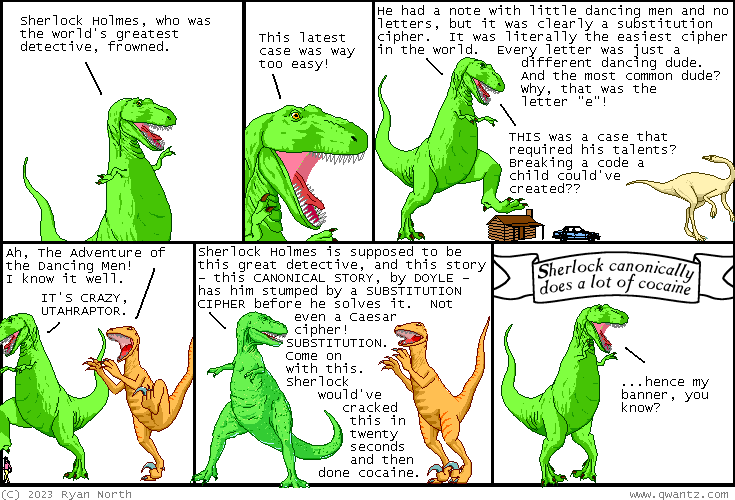Reading
Paisley Rekdal’s work is urban, the poetry an explosion of language, the ranging cast of mind in the spirit of Albert Goldbarth or Linda Gregerson. Like these poets her lines are made of long hypotactic sentences, linking image and language on a string of wondrous beads, leaping in and through those long lines like C. K. Williams. Rekdal infuses them with a vibrant grace, a cultured smoothness, a voracious reading. She grew up in Seattle, studied medieval literature in the prestigious University of Toronto program, abandoned those studies to give herself over to writing poetry, carrying through all of it, meanwhile, an abiding interest in nonfiction, and an interest in writing about things you weren’t supposed to write about, like bad sex. She carried also an interest, always, in unclassifiable media. So there’s a fundamental genre-restlessness to Rekdal’s passions, but she doesn’t equate esoteric with experiment.
1. Bleb
2. Etnies
3. Furuncle
4. Stussy
5. Mormal
6. Kith
7. Lues
8. Vetements
9. Milk Leg
10. Cav Empt
11. Icterus
12. Huf
13. Dropsy
14. Temu
15. Aphthae
16. Tropicfeel
Streetwear Brand: 2, 4, 6, 8, 10, 12, 14, 16
Skin Condition: 1, 3, 5, 7, 9, 11, 13, 15
Late last week, Lula da Silva spoke at the Power Our Planet event in Paris. The Brazilian president pledged that ‘by 2030, deforestation of the Amazon will hit zero’, adding that his government ‘will be relentless against anyone who fells even a single tree to grow soya, corn or to raise cattle.’ The Amazon, he […]
He thought he was a CIA arms dealer, but the DEA ran an entrapment sting operation.
The post CIA Arms Dealer Was Actually DEA Target appeared first on The Intercept.

- by Aeon Video
A Swedish engineer set out to prove that Seymour Hersh’s narrative about the Nord Stream bombing was correct. What he found was very different.
The post Fishing for Secrets in the Nord Stream Abyss appeared first on The Intercept.
Fifty years ago patrons at the Stonewall Inn, a popular New York City gay bar, fought back against abusive police, and in doing so launched the modern lesbian, gay, bisexual, and transgender movement. It’s undeniable that we’ve come a long way from a time when cops routinely raided gay bars, and being outed virtually guaranteed a person would be labeled a […]
| archive - contact - sexy exciting merchandise - search - about |

| ← previous | June 28th, 2023 | next
Today (June 28, 2023), the Australian Bureau of Statistics released the latest – Monthly Consumer Price Indicator – which covers the period to May 2023. On an annual basis, the monthly All Items CPI rate of increase was 5.6 per cent down from 6.8 per cent. There is some stickiness in some of the components…
A new report by the National Audit Office sounds the alarm on the state of school buildings requiring major refurbishment
|



